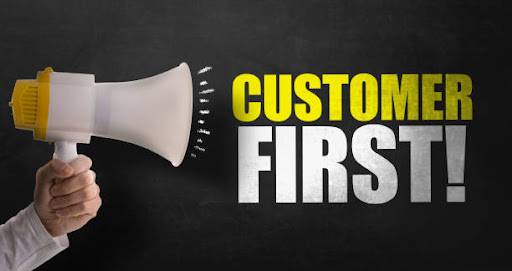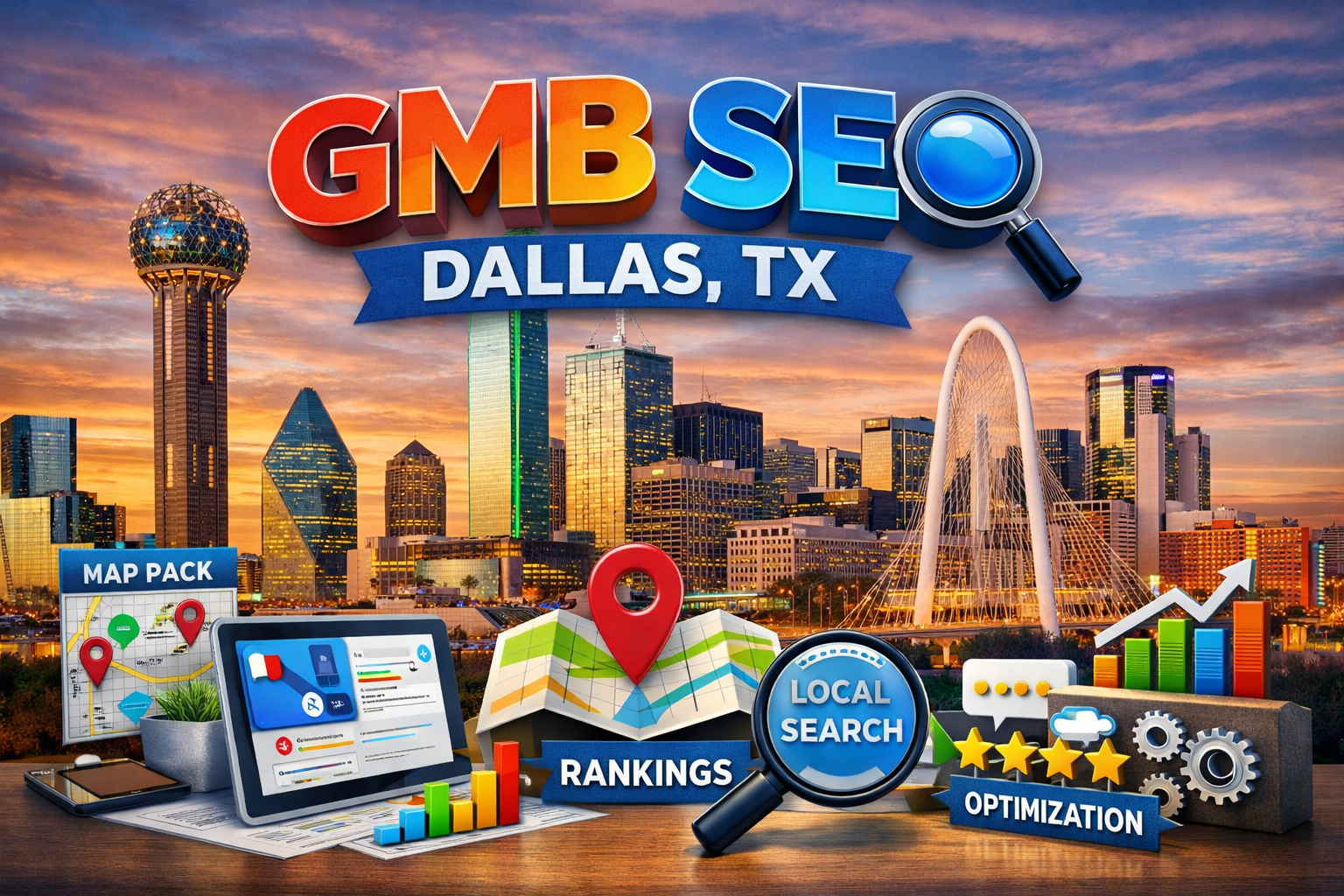Introduction
In today’s digital age, small business owners face numerous challenges in establishing their presence and reaching their target audience effectively. One highly effective strategy that can help overcome these obstacles is content marketing. By leveraging the power of digital marketing, small businesses can drive growth, build brand awareness, and achieve remarkable success. In this post, we will explore the key aspects of content marketing and how it can benefit small business owners.
The Importance of Content Marketing
In a highly competitive online landscape, capturing the attention of potential customers is no easy task. Traditional advertising methods often fall short in today’s digital world. This is where content marketing comes into play. By creating and sharing valuable and relevant content, small business owners can establish themselves as industry experts, engage with their audience, and ultimately drive conversions.
Building Trust and Credibility For Small Business Content Marketing
One of the primary goals of content marketing is to build trust and credibility with your target audience. By consistently delivering high-quality content that addresses their needs and provides solutions to their problems, you can position yourself as a reliable source of information. This helps foster trust, which is crucial to attracting and retaining customers.
Driving Organic Traffic For Small Business Content Marketing
A well-executed content marketing strategy can significantly boost your website’s visibility on search engines. By incorporating relevant keywords and optimizing your content, you can improve your search engine rankings, leading to increased organic traffic. This means more potential customers will discover your business through their online searches.

Establishing Brand Identity For Small Business Content Marketing
Content marketing allows small businesses to showcase their unique brand identity. Through carefully crafted content, you can communicate your brand’s values, personality, and mission to your target audience. This helps differentiate your business from competitors and creates a memorable impression in the minds of consumers.
Key Components of an Effective Content Marketing Strategy
To make the most of content marketing, small business owners need to implement a well-rounded strategy that covers key components. Here are some essential elements to consider:
1. Define Your Target Audience
Before creating any content, it’s crucial to identify and understand your target audience. Conduct thorough market research to gain insights into their demographics, preferences, and pain points. This knowledge will guide you in crafting content that resonates with your audience and compels them to take action.
2. Develop a Content Calendar
Consistency is key in content marketing. Create a content calendar to plan and organize your content creation and distribution. This ensures that you consistently provide valuable content to your audience without any lulls or gaps.
3. Create Engaging and Valuable Content
Focus on creating content that provides value to your audience. This can be in the form of educational articles, informative blog posts, engaging videos, or interactive infographics. The more valuable and relevant your content, the more likely it is that your audience will engage with it and share it with others.

4. Optimize for Search Engines
To maximize your content’s reach, optimize it for search engines. Conduct keyword research to identify relevant keywords and incorporate them naturally into your content. This helps search engines understand the purpose of your content and improves your chances of ranking higher in search results.
5. Leverage Social Media Platforms
Social media platforms offer an excellent opportunity to amplify your content’s reach and engage with your target audience. Create profiles on platforms that align with your target demographic and share your content regularly. Engage with your audience by responding to comments, sharing valuable insights, and encouraging discussions. Social media can help you build a community around your brand and drive traffic to your website.
6. Guest Blogging and Influencer Collaborations
Expand your reach by leveraging the power of guest blogging and influencer collaborations. Identify authoritative blogs or websites in your industry and offer to contribute valuable content as a guest author. This exposes your brand to a wider audience and establishes your credibility. Similarly, collaborating with influencers can help you tap into their existing follower base and gain exposure to potential customers.
7. Analyze and Optimize Performance
Regularly monitor and analyze the performance of your content marketing efforts. Utilize tools like Google Analytics to track metrics such as website traffic, engagement, and conversions. Identify which types of content perform best and adjust your strategy accordingly. Continuous optimization based on data insights will help you refine your content marketing approach and drive better results.

Conclusion
Content marketing has become an indispensable strategy for small business owners to unlock the power of digital marketing. By creating valuable, engaging, and optimized content, you can establish trust, drive organic traffic, and build a strong brand identity. Remember to understand your target audience, plan your content, optimize for search engines, leverage social media, and analyze performance to continuously improve your content marketing efforts.
To take your content marketing to the next level, consider partnering with a reputable local SEO agency like “locaseogmbmarketing”. Our expertise in optimizing local search results and enhancing online visibility can greatly benefit your small business. With our assistance, you can enhance your content’s reach, attract more local customers, and boost your overall digital marketing efforts.
Embrace the potential of content marketing and propel your small business towards growth and success in the digital landscape!








